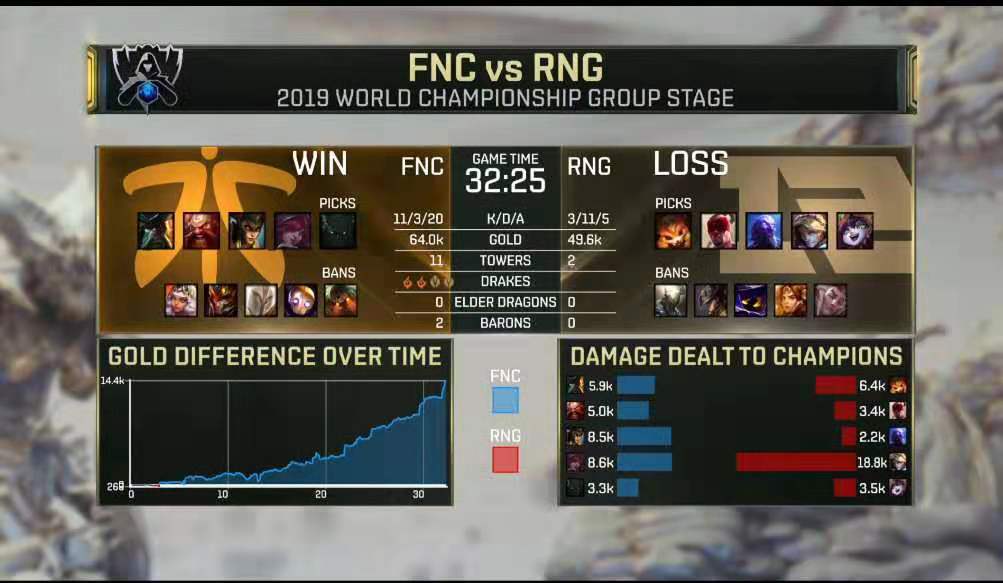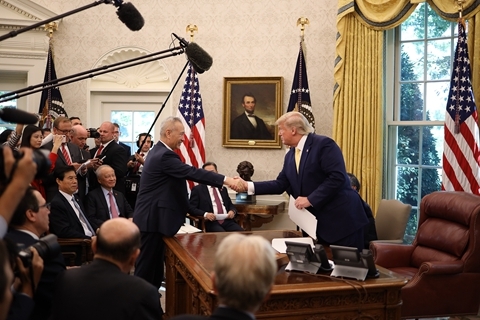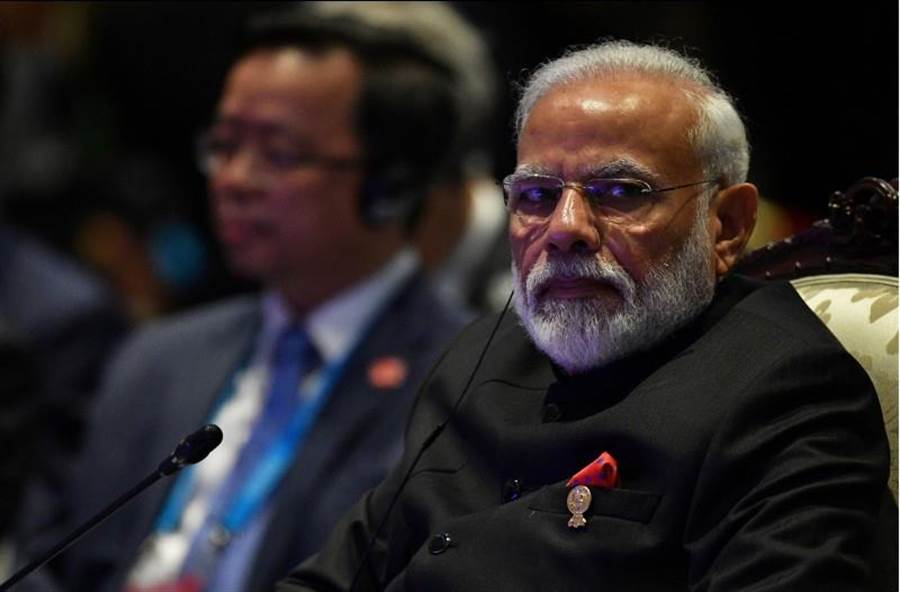In case of decoupling, the dollar's influence will be shaken. Reuters said that if the bill passed and Saudi Arabia used its "nuclear option", the result would undoubtedly shake the influence of the dollar as the world's main reserve currency, reducing Washington's control over global trade and imposing sanctions.
Russia's satellite network reported on April 7, Saudi Arabia released a surprising news. According to Russian media, Saudi Arabia announced that it is considering decoupling oil settlement from the us dollar.
As we all know, oil's peg to the dollar is an integral part of America's global hegemony. The United States has been using all means to maintain dollar hegemony and oil hegemony, and control food hegemony through seed and other means. After announcing the decoupling of the dollar from gold, the United States locked oil and forced the countries concerned to accept the pegging of oil to the dollar by means of war, among which Saudi Arabia was an important country won by the United States. But the latest news is that the saudis are ready to decouple oil from the dollar.
Saudi Arabia controls 10 per cent of global oil production and has accounted for nearly a third of Opec's output over the past 60 years. Saudi Arabia's acceptance of petrodollars is the cornerstone for the us to plunder the world with its financial hegemony. Once Saudi Arabia truly decides to decouple oil from the dollar, the impact on the dollar hegemony will be fatal. Oil is the core cornerstone of dollar hegemony, and dollar hegemony is the backbone of American global hegemony. In the "battleship" of dollar establishment oil hegemony, Saudi Arabia can be called "keel class" role. So the Saudi message is quite striking. To be sure, most views are still against the idea that Saudi Arabia could decouple oil from the dollar, since U.S. control of the kingdom does not allow it to do so. Experts say there is something odd behind the revelation that Saudi Arabia is decoupling oil from the dollar, even though a photo of the kingdom building a nuclear reactor has attracted a lot of attention. Analysts say the U.S. may be using its nuclear reactors to pressure Saudi Arabia to drop the idea of de-pegging oil accounts from the dollar. Pompeo, facing skepticism about the sale of Saudi nuclear technology, pointed out that the United States would never allow Saudi Arabia to have nuclear weapons. It also shows that the United States cannot tolerate Saudi Arabia's development of nuclear weapons, and definitely does not want it to have nuclear weapons. The us warning never to acquire nuclear weapons is the bottom line attitude of the us. The construction of a Saudi nuclear reactor has been the focus of media attention after the kingdom revealed the idea of decoupling oil settlement from the dollar.
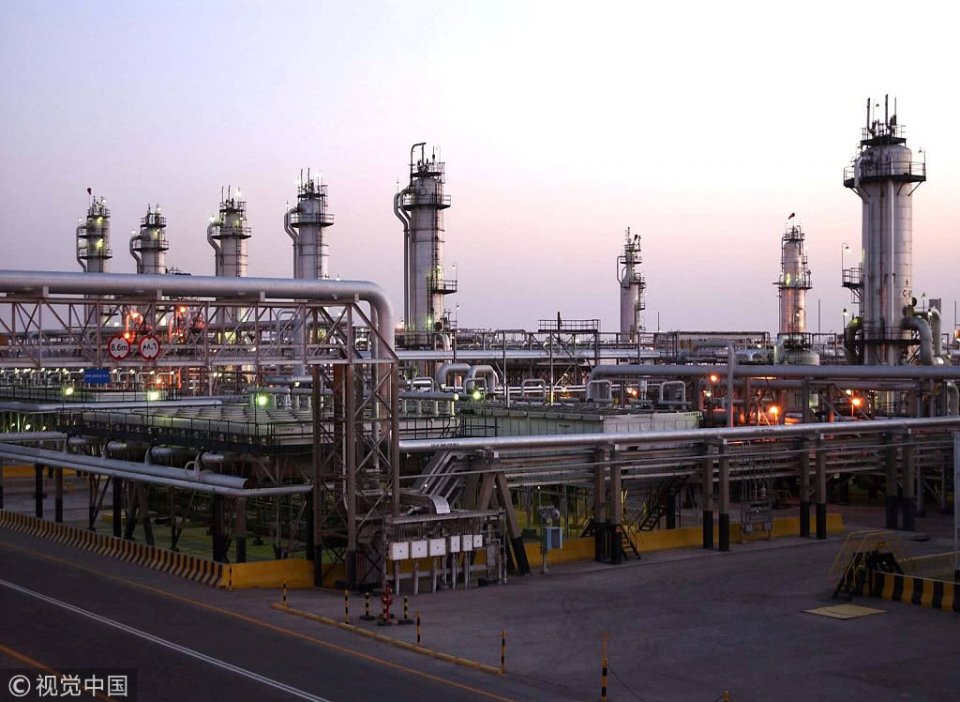
Before trump, the administration had never publicly tied political support for Saudi Arabia to demands for oil prices, Reuters said. The observer previously reported that Saudi Arabia and Russia discussed cutting production in November to support oil prices. Trump used twitter to call on Opec to increase production and lower prices. Worried about the prospect of NOPEC, Qatar, an Opec member, abruptly withdrew its membership in December. Saudi government-funded think tanks also studied the impact of breaking up Opec.

The uae's oil minister, Suhail al-mazrouei, said that if the NOPEC bill is passed and OPEC dissolves, then countries will sharply increase crude production, which will eventually lead to a collapse in oil prices and damage to shale oil in the United States.
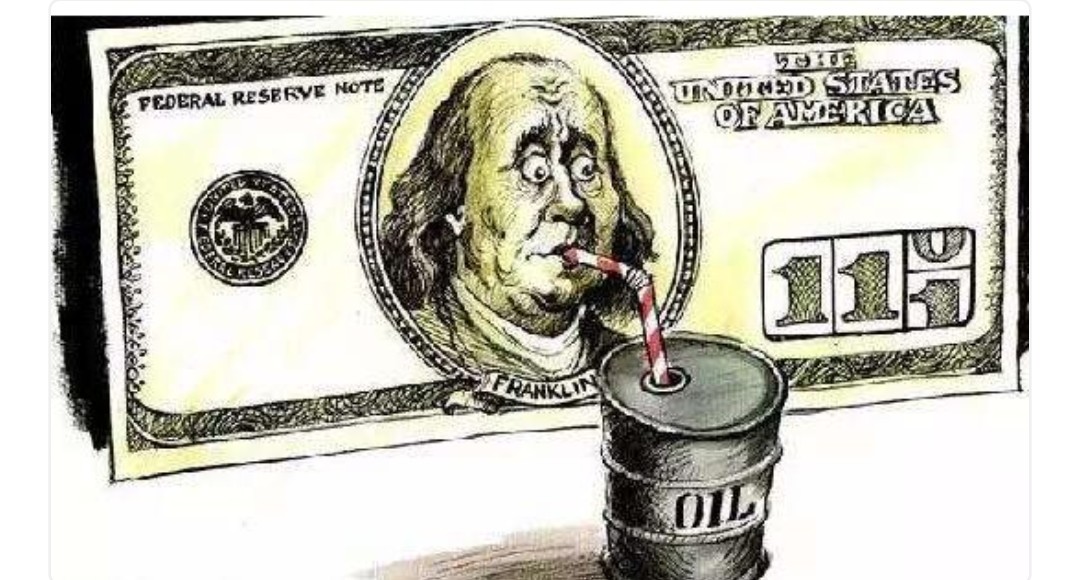
(Picture Source:Baidu)
The energy departments of the two countries did not immediately respond to requests for comment. State department officials said they "generally don't comment on legislation that hasn't passed." But the saudis understand that dollar settlement is a nulcear option and don't believe the bill will actually pass, the person said. Reuters said the "rainy day" gesture also shows Saudi Arabia's dissatisfaction with the United States.
Kissinger once pointed out that whoever controls oil controls all countries; Who controls the food, who controls the human race; Whoever controls the issue of currency controls the world.
The original intention of pegging oil to the dollar is to achieve the effect of co-rising, but the actual operation often appears negative correlation trend. For example, in 1975, the United States negotiated with Opec for many times and reached an agreement to trade crude oil only in dollars. The dollar became the international currency of crude oil pricing and settlement. The rising oil price would increase the market's demand for payment in dollars, thus making the nominal exchange rate of the United States rise. From the perspective of supply and demand, the strength of the dollar has little material impact on the supply and demand of crude oil. The demand for crude oil is less elastic compared with other commodities, and the demand is more related to the macro economy. In addition, the volatility of oil price is much higher than the dollar index, which makes the impact of dollar strength and weakness on oil price relatively low. On the other hand, on the supply side, the strength of the dollar is also small for crude oil supply.
